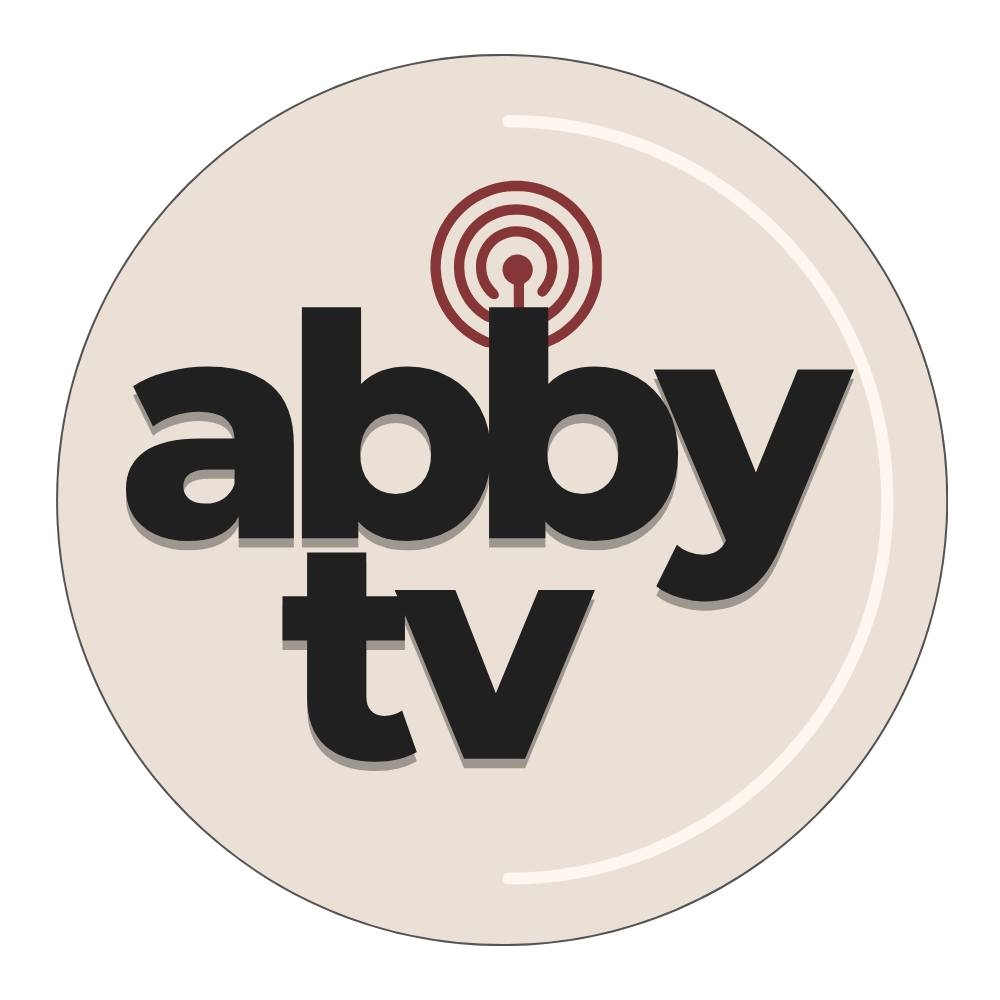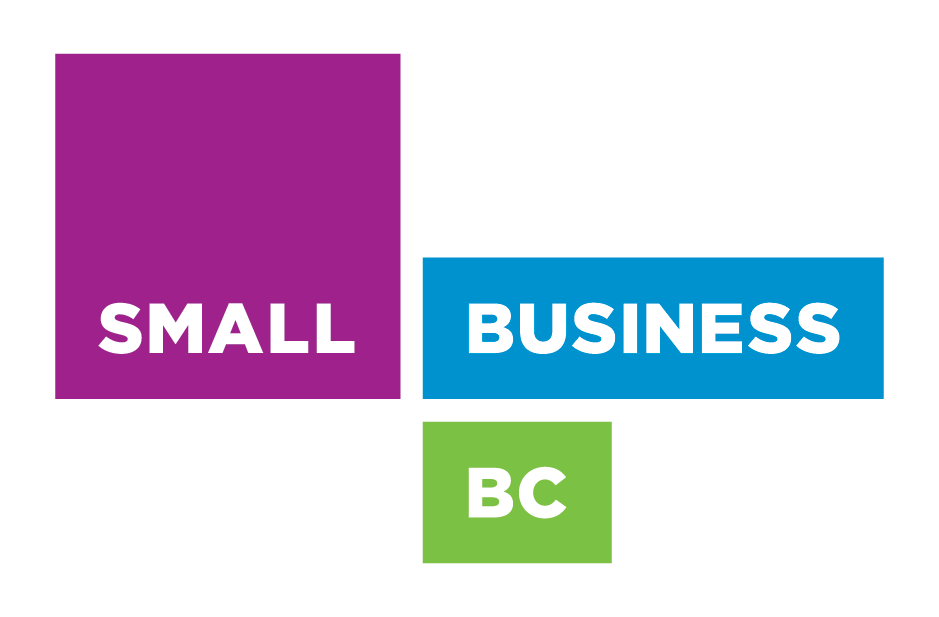Ottawa (Huffington Post/CP) – Many Canadians are just trying to get through the week, never mind the year, when it comes to their finances.
But accountants say it’s already time to start taking stock of government support and wages received since the COVID-19 pandemic struck.
Launched in March, the Canada Emergency Response Benefit provides workers who lost their jobs or most of their hours with $500 per week. Most employers deduct taxes from the paycheque before mailing it out, but that’s not the case with the CERB.
“My first piece of advice is people should be aware these are taxable benefits,” said Fred O’Riordan, national tax policy leader at Ernst & Young. “Ultimately they are going to be responsible for having received them and for declaring them.”
That means Ottawa and the provinces will claw back some of the $61.3 billion in CERB paid to 8.4 million Canadians as of July 19.
It also means recipients who took in the full amount available from the CERB — $12,000, at $500 per week between March 15 and Oct. 3 for up to 12 weeks — could owe taxes to the Canada Revenue Agency if they had even a small amount of other paid work this year.
Anyone who qualifies for the CERB but earns less than the “basic personal amount,” which Ottawa is raising to $13,229 from $12,069 for 2020 — does not have to pay tax, including on their CERB instalments.
Incomes under $48,536 but above the basic personal amount will be taxed at 15 per cent — the lowest income tax rate for 2020 — including CERB payments. On a total CERB payment of $12,000, about $1,800 would be owing to Ottawa.
Again, this is NOT FREE MONEY. The time to plan is now.













